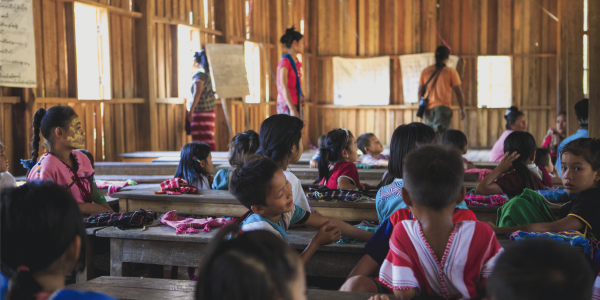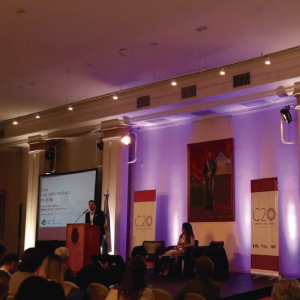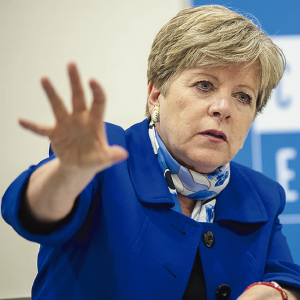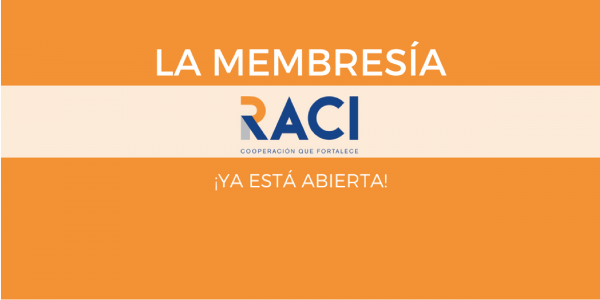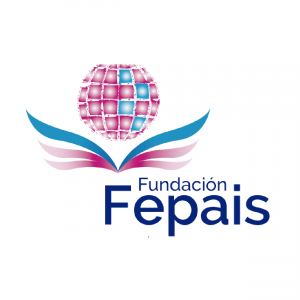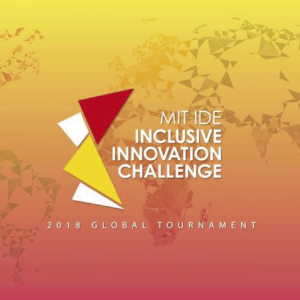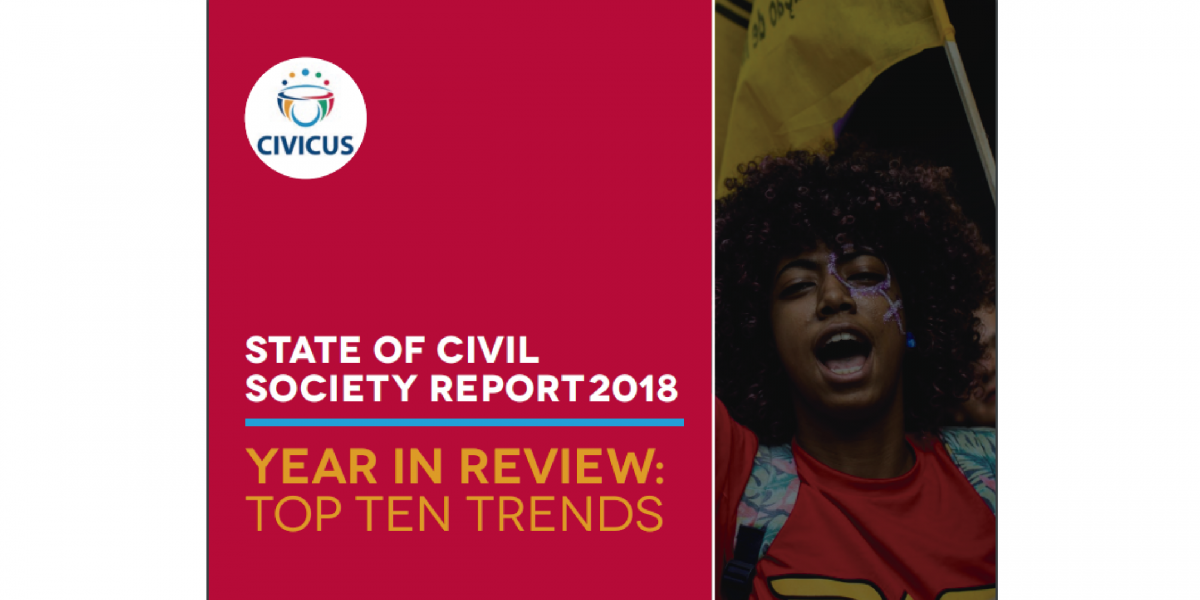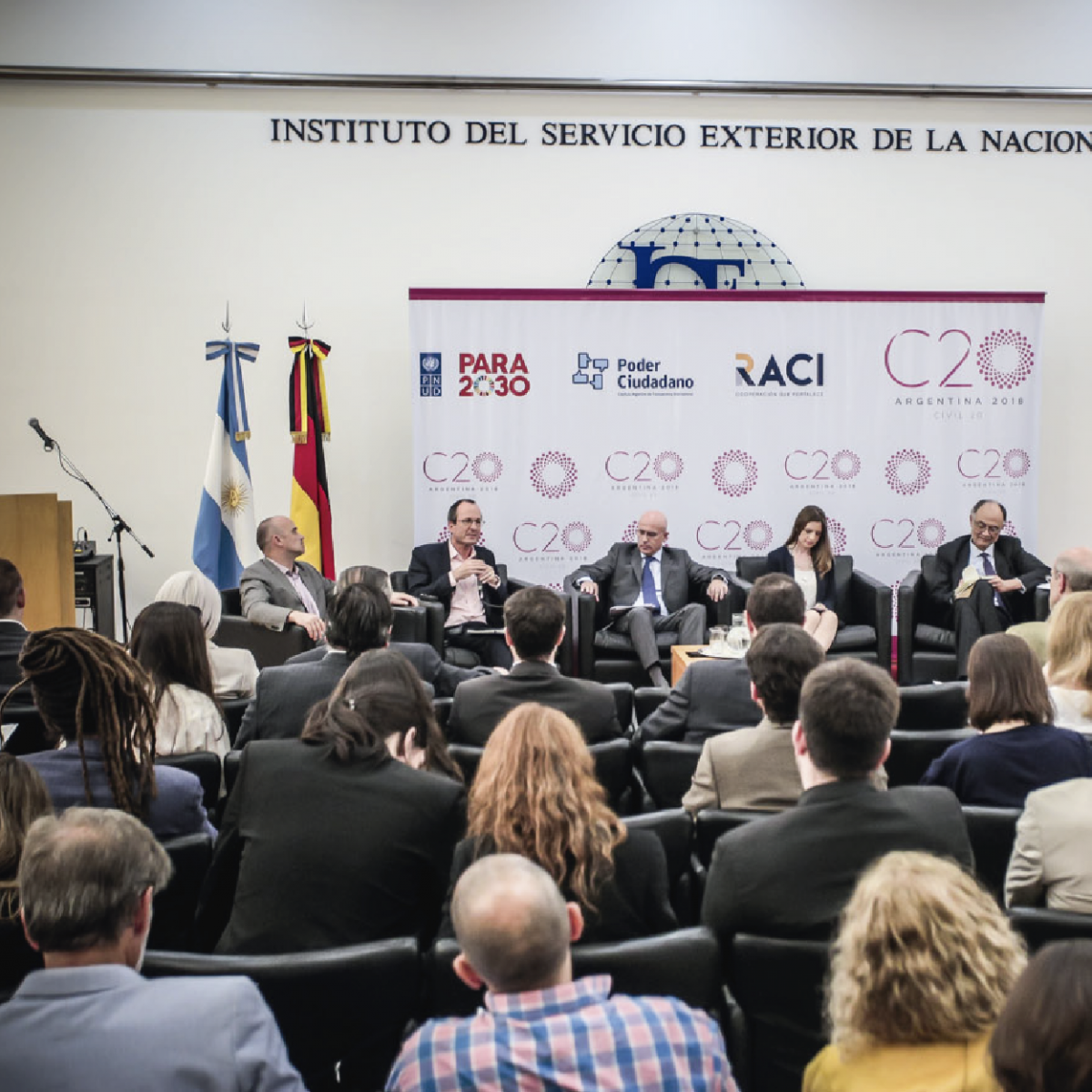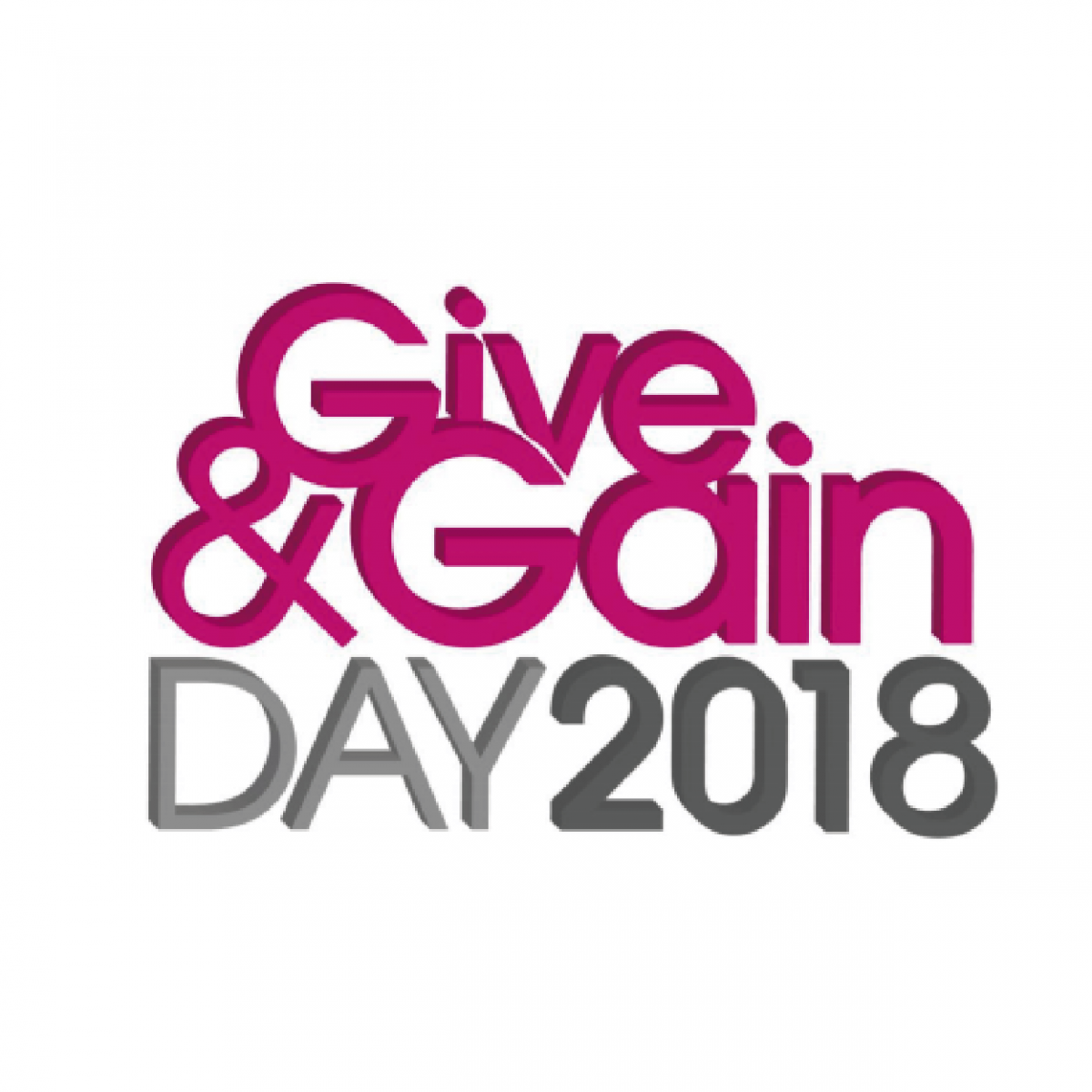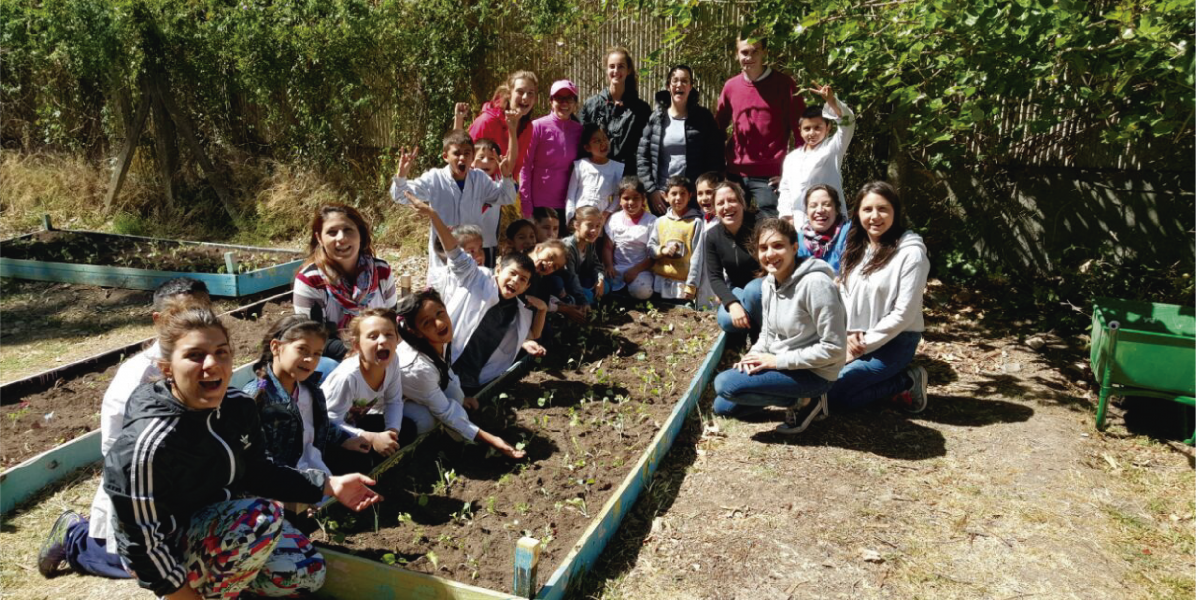“International aid will end before the eradication of extreme poverty”,. This is how Indermit Gill, the Director of the Center for International Development at Duke University, embodies the idea that the “official development assistance” is a type of aid that tends to die out.
His article is positioned within a framework of cutbacks in development aid by the United States and United Kingdom, and being that these two countries are the main donors in world, so this would not be a minor fact.
In researching the long-term tendencies of foreign aid, the author states that official development assistance tracked by the OCDE has quintupled since 1960 from thirty-two (32) billion to one hundred and fifty-eight (158) billion American dollars, in prices from 2015. But at the same time, the world economy has also grown. It is possible to describe the international context from examples from the East of our continent. “Most of us assumed that the external aid will continue until extreme poverty is eradicated. But a look back shows that this is not what’s happening. China, India, Indonesia and South Africa stopped receiving aid some years ago, but still have millions of people living with under than 1.90 dollars per day. In the same way, it is expected that the countries with medium-sized incomes will take care of their own population in a state of extreme poverty. With more than half of the population of sub-saharan Africa living now in medium-income economies, the article tells us that we should hope that African aid, that has been increasing since 2000, has found its limit and starts to decrease”, says the author.
Indermit Gill comes to the conclusion that the future of international aid could be financing: with China increasing its presence as an investor, financer, builder and donor since 2000, the financing for development is being tested for the second time in Africa. This continent is looking more and more to the East, to China, India, Turkey and other Asian economies (between 2000 and 2015, China granted loans of approximately one hundred billion dollars to Africa). The aid from the West, based on altruism and political influence, complements the finances from the East, mainly driven by their own interests. Nevertheless, the author has his doubts and declares that is too soon to say that things will work better this time. The IMF has warned that the relation between debt/PIB in African economies is growing rapidly. There are also concerns about the destabilizing political and ecological effects these investments have. But this time, trade with Asia is growing and there are notable investments in infrastracture. 2018 could be the year in which the world in development decides whether foreign aid and finance for development should be complements or substitutes.
Source: https://www.brookings.edu/blog/future-development/2018/01/19/the-end-of-aid/

